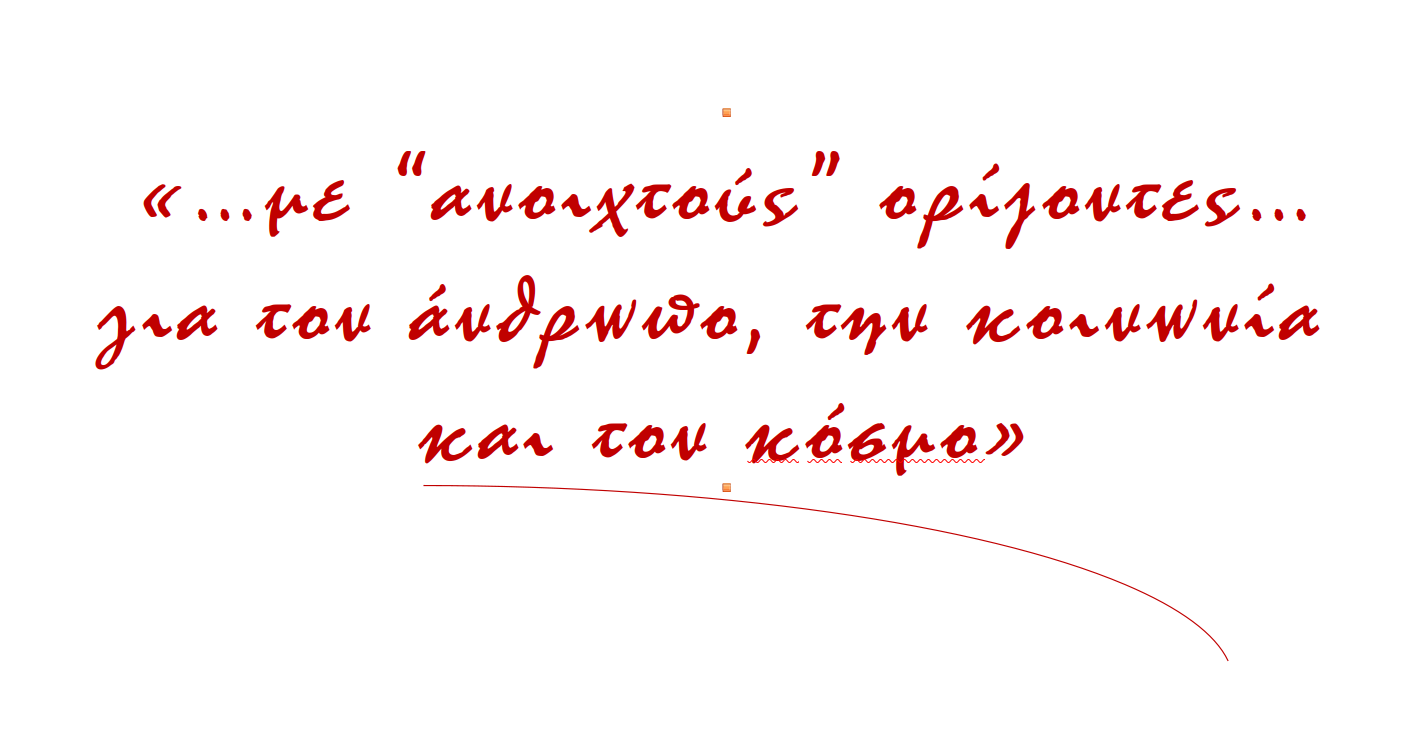Muslim Studies Programme
Graduates of the Muslim Studies Programme have the necessary scientific training and inner culture to deepen their study of Islamic theology and tradition, as well as the religious phenomenon and its relationship with society, politics and culture. In addition, they meet all the necessary requirements to teach Islam in public schools in Thrace, to work in various scientific, cultural and social organisations and in public or private enterprises.

Subject – Purpose
The undergraduate Programme in Muslim Studies provides training in fields of knowledge that include the various expressions of Islam, the learning of the relevant languages (with emphasis on Arabic and Persian), Quranic studies and Muslim traditions, the religious and political status of Islam in space and time, and its legal systems, its relationship with European legal culture and contemporary conceptions of human rights and religious freedom, the long-standing relations between Islam and Eastern Christianity, inter-religious and inter-cultural dialogue, the characteristics of the various Muslim societies, whether majority or minority, and their religious, literary, artistic and political expressions.
Announcements
Our Profile
In the forty years of its operation, the Department of Theology of the Aristotle University of Thessaloniki has formed its own identity and physiognomy. It has pursued and consistently serves the creative synthesis of tradition and renewal, a synthesis which it expresses in a liberal and ecumenical spirit. It systematically cultivates theological dialogue with both the academic and research community. It follows and participates in developments in the field of the scientific study of religion and culture, in the area of inter-religious dialogue and cultural pluralism, in religious education in contemporary reality, and in the prospects for a single European higher education area
The Department attaches particular importance to the study of the Orthodox Tradition and the culture that stems from it and embodies it in various monuments of speech and art, and the methodological tools for approaching and researching these monuments are free of denominational commitments, follow international scientific standards and respect the principle of academic freedom.
The above elements form the Department’s physiognomy and its philosophy, which is based on the triptych of Openness – Dialogue – Culture.

